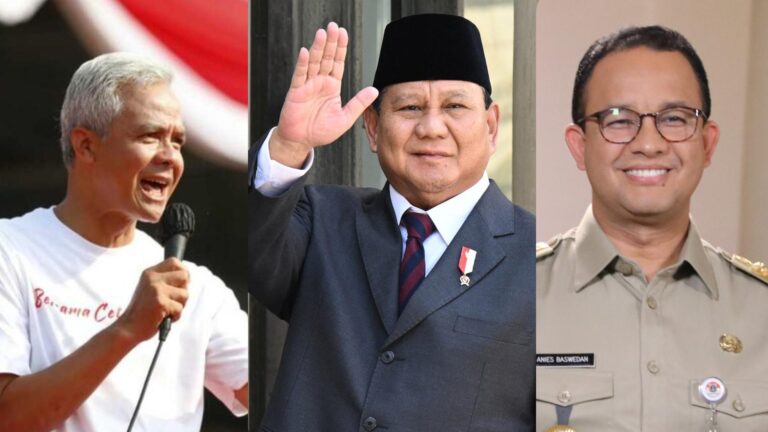
Indonesia Presidential Election 2024: What Expats Need To Know
Indonesia, a captivating and diverse nation, is gearing up for its upcoming presidential election in February 2024. Expats living in the country will find this event both intriguing and significant. In this article, we’ll explore the essential things that expats should know and understand about Indonesia’s presidential election.
'Interesting' Difference For This Election
In contrast to the two previous elections in 2014 and 2019, which featured only two candidates and saw a fierce rivalry between Jokowi and Prabowo Subianto, the upcoming 2024 election promises to be even more captivating. This time, there will be three candidates vying for the presidency: Prabowo Subianto, Ganjar Pranowo, and Anies Baswedan. However, experts predict that having three candidates will reduce the level of polarization and conflict of opinion in society, as happened in the last two elections. Adding to the intrigue is the widespread issue making headlines in local news regarding Jokowi’s support for one of the candidates and his strained relationship with his own political party, Partai Demokrasi Indonesia Perjuangan (PDIP).
Regional elections, also known as Pilkada, will also be held in the same month
With the highly anticipated presidential election scheduled for February 14, 2024, Indonesian citizens are in for a double dose of democratic action. Shortly after, on February 27, 2024, the regional elections, known as Pilkada, will take place. These Pilkada elections aim to choose governors, regents, and mayors for each province and city. February 2024 is set to be an action-packed month for the people of Indonesia, with both the presidential and regional head elections taking place in quick succession, underscoring the nation’s commitment to democracy.

Enonomic Outlook and Expats licensing Matters
Indonesia’s economy has been on a steady growth trajectory, and the presidential election is unlikely to disrupt this trend. Expats can expect the government to continue its pro-business policies, fostering a positive economic environment. Expats may also wonder if the election will affect licensing matters like visa and immigration policies. Typically, these policies remain consistent during election periods. However, it’s advisable to stay informed and be aware of any updates or changes that might arise.
Information Sources and Their Influence on Community Relations
False information, or hoaxes, have proliferated significantly in the past two elections. This is a challenge exacerbated by the ubiquity of digital platforms easily accessible to the public. Notably, non-editorialized sources, primarily social media, played a significant role in spreading misinformation about the presidential candidates during those elections. The immense public sentiment for these candidates also heightened societal sensitivity.
Drawing lessons from these experiences, it is of utmost importance to discern credible and impartial sources for accurate news and information. Fortunately, Indonesia is a democratic nation that highly values press freedom, providing access to a multitude of trustworthy news portals where reliable information can be found. For expats who don’t possess voting rights, understanding the upcoming societal dynamics and respecting diverse opinions is vital. This fosters a harmonious and informed community, contributing positively to the democratic process.
Participating in the electoral process, even as an observer, can be an enriching experience. It’s a time to celebrate democracy and appreciate the privileges and opportunities it brings. Indonesia’s 2024 presidential election is an exciting and enriching experience for expats. With a firm commitment to democracy, political stability, and a welcoming atmosphere, expats can look forward to the event with positivity. By staying informed, engaging with the local community, and embracing the cultural nuances, expats can fully appreciate and participate in this significant moment in Indonesia’s history, celebrating the beauty of democracy in Indonesia.
